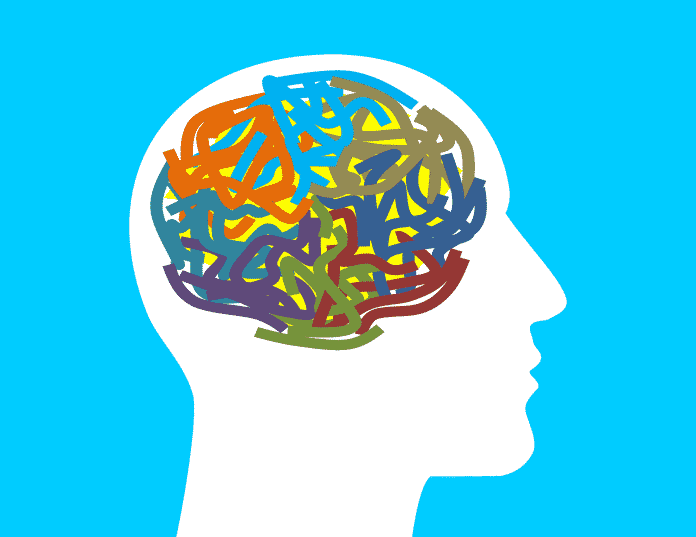
If you’ve been feeling particularly anxious in the last few months, constantly reading health updates and trying to wash your hands every hour, you’re not alone. Ever since the novel coronavirus was declared a pandemic, it has been difficult for most people to stay informed without getting at least a little worried.
Generally, anxiety doesn’t have to be a bad thing. According to Dr Ashu Gandhi, a consultant psychiatrist and adjunct senior lecturer at Monash University, anxiety is a natural response to threats that guides individuals towards taking measures to stay safe.
“What one considers as ‘normal’ anxiety serves the purpose of increasing our preparedness in an adaptive manner like ensuring adequate hand hygiene, social distancing , isolating / quarantining (if required) and adjusting to the day to day changing scenario by changes as needed and advised,” he explains.
But anxiety can become maladaptive when these safety measures become counterintuitive and dysfunctional. These can present themselves as going for repeated tests, hoarding groceries, calling health lines repeatedly, and letting COVID-19 affect your regular life.
Events like the coronavirus that are out of your control can trigger “catastrophic thinking, thoughts about loss of control, uncertainty of the future, and fears about worst case scenarios,” Dr. Gandhi says.
But there’s a thin line between precaution and paranoia, and it’s here that it can be difficult to pinpoint signs of maladaptive anxiety. Important considerations are whether you’re able to sleep soundly, whether family and loved ones have noticed your preoccupation with the pandemic, and whether concern of the virus is affecting your everyday functioning.
If any of your answers raise concerns, Dr Gandhi recommends acting before the anxiety becomes debilitating.
There are some steps you can take to manage your anxiety without needing to see a professional.
“Try to limit your information-seeking to an authoritative, reliable source like the government and health department advisories, reputed websites or your general practitioner. Stop yourself from pouring over blogs and social media in search of more information,” Dr. Gandhi suggests.
Techniques like meditation, mindfulness, and listening to music can held you calm down and focus on the present.
“If none of these techniques help, it is time to stop and reconsider your options of seeking help,” he says, “Speak to your GP and discuss if counselling and specialist assessment may be needed.”
READ ALSO: COVID-19: Keeping your fitness game on





